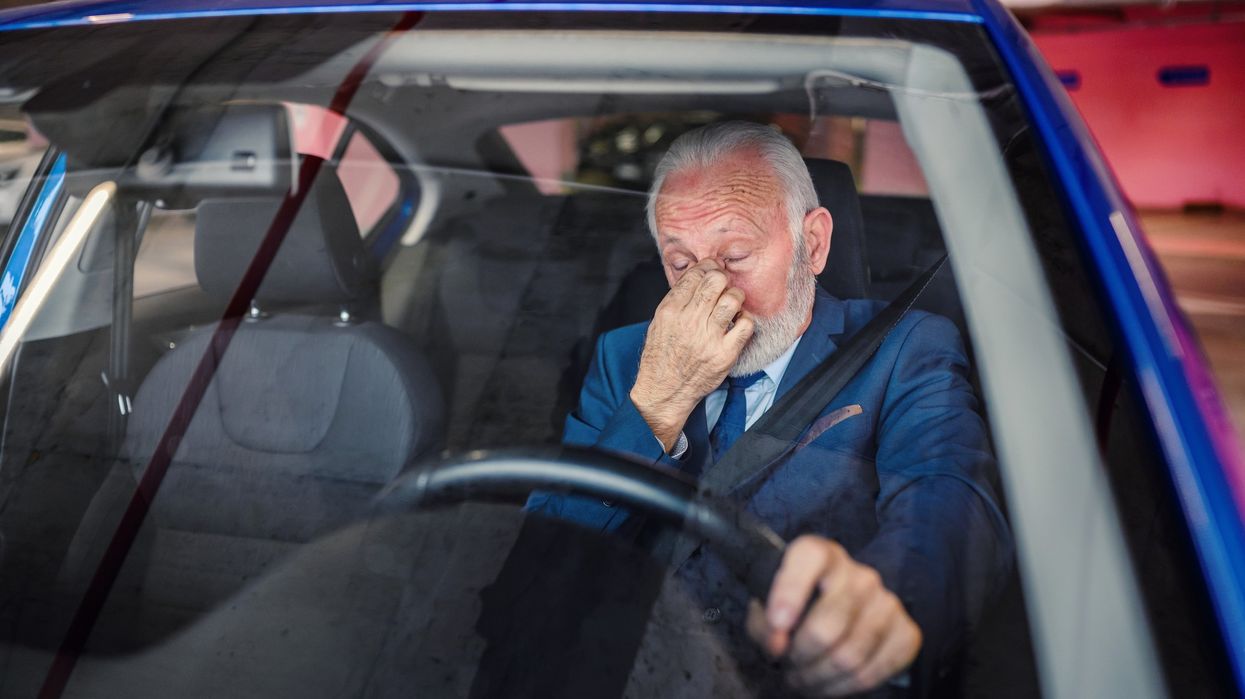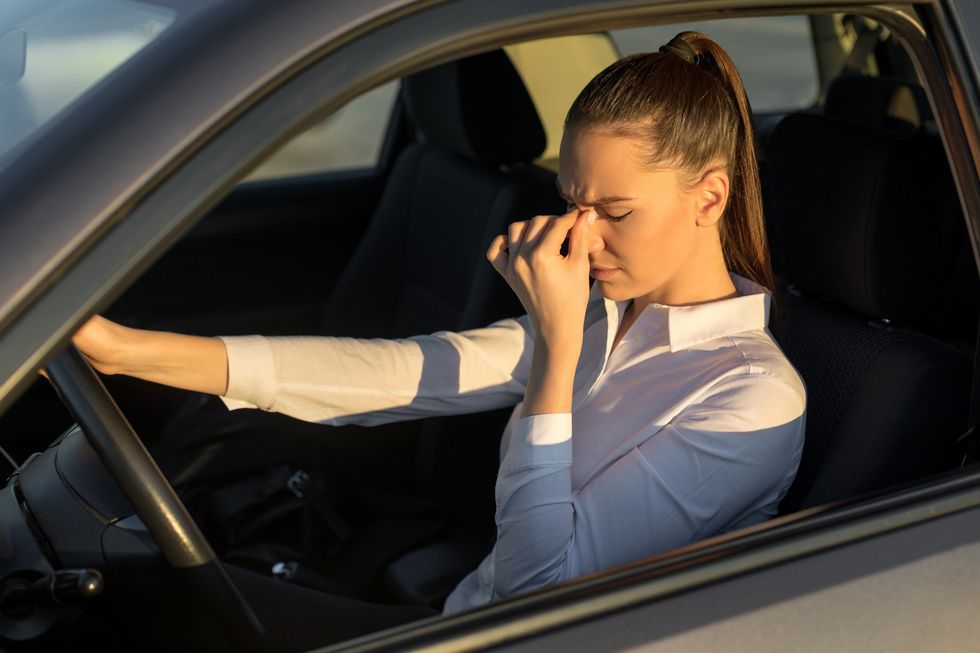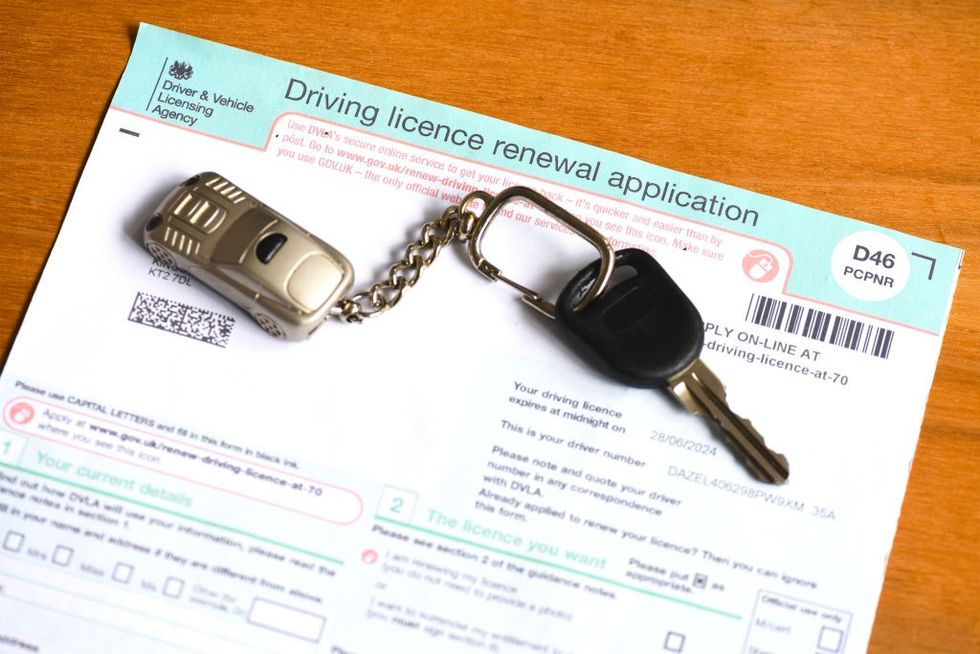Drivers face hefty fines over medical condition failings

Dizziness can impair a driver's ability
|GETTY

DVLA requires drivers to disclose certain medical conditions
Don't Miss
Most Read
Latest
Drivers with certain medical conditions must inform the DVLA or they could risk facing a hefty fine.
Medical conditions such as getting dizzy is something the agency has told drivers they must declare.
Failure to do so could result in a £1,000 fine and in more serious cases lead to the driver no longer being eligible to travel on UK roads.
According to the DVLA, motorists must tell the agency if they develop a “notifiable” medical condition or disability.
Do you have a story you'd like to share? Get in touch by emailing motoring@gbnews.uk

Dizziness and vertigo can affect a drivers' ability
| GETTYDrivers need to also declare if they have a condition or disability which has gotten worse since obtaining a licence.
The DVLA site warns: “You could be fined up to £1,000 if you do not tell DVLA about a condition that might affect your ability to drive safely. You could also be prosecuted if you have an accident.”
Drivers could also be required to surrender their licence if a doctor tells them to stop driving for three months or more.
They also have to give up the licence if a medical condition affects their ability to drive safely and lasts for three months or more.
Experts at BigWantsYourCar.com stated: "If you experience sudden, disabling, or recurrent dizziness or vertigo, it's vital to inform the DVLA.
“Failing to do so can lead to serious repercussions, including a fine of up to £1,000, and in some cases, prosecution if your condition results in an accident.
"Drivers with car or motorcycle licences should fill out form DIZ1 and send it to the DVLA. The address for submission is provided on the form."
For motorists holding a bus, coach, or lorry licence, the expert explained that the appropriate form to complete is DIZ1V, which should also be sent to the DVLA at the address listed.
If a driver voluntarily surrenders their licence, it can make it easier to reapply for a new one when choosing to drive again in the future.
The DVLA added: “You must reapply for a new licence if you want to drive again after surrendering your licence.
“When you reapply for a new licence, DVLA will carry out medical checks to decide if it’s safe for you to continue driving. You may be able to continue driving while they do this.”
Meanwhile the expert explained that DVLA has “stringent regulations” to ensure that all drivers on the road are fit to operate their vehicles safely.
LATEST DEVELOPMENTS:

medical conditions must be disclosed to the DVLA
| GETTY“Dizziness or vertigo can suddenly impair your driving abilities, endangering yourself and others on the road. The rules are clear: if you have a medical condition that could affect your driving, you must report it," the expert detailed.
In June, the DVLA reported that 646,972 drivers had their driving licences revoked due to medical reasons over the last decade.
Nearly 900,000 medical licencing decisions were made by the DVLA last year to determine whether drivers were fit for UK roads.










